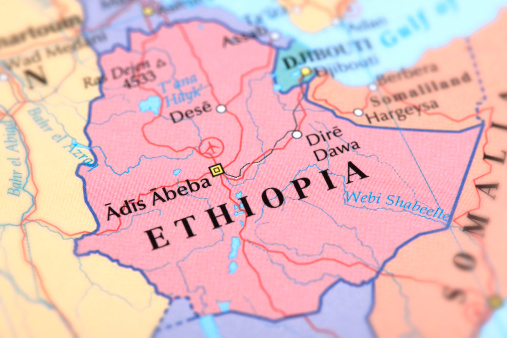Rights groups and citizens are calling on Ethiopia’s government to lift the internet shutdown in parts of the country that is leaving millions of people without important updates on the coronavirus.
The months-long shutdown of internet and phone lines in Western Oromia and parts of the Benishangul Gumuz region is occurring during military operations against rebel forces.
“Residents of these areas are getting very limited information about the coronavirus,” Jawar Mohammed, an activist-turned-politician, told The Associated Press.
Ethiopia reported its first coronavirus case on March 13 and now has a dozen. Officials have been releasing updates mostly online. Land borders have closed and national carrier Ethiopian Airlines has stopped flying to some 30 destinations around the world.
A ruling party official in the Oromia region, Taye Dendea, on Sunday, posted on Facebook saying that “tourists and other foreigners are not traveling to these areas because of the security problem that exists there, so there’s little chance that the virus will get there.”
Human Rights Watch has said millions of Ethiopians are not getting access to timely and accurate information.
“It is laudable that (Ethiopia’s prime minister) Abiy is taking charge of managing a coronavirus prevention effort on the African continent, but he should not ignore the needs of those within his own country.”
Yohannes Tessema, a political figure from the Benishangul Gumuz region, said both internet and phone lines are cut in some locations and that it’s difficult to disseminate information about the pandemic to residents.
“We have never experienced such lengthy cuts in the past. People in these areas are not getting badly needed updates, and that is dangerous,” he said.


























